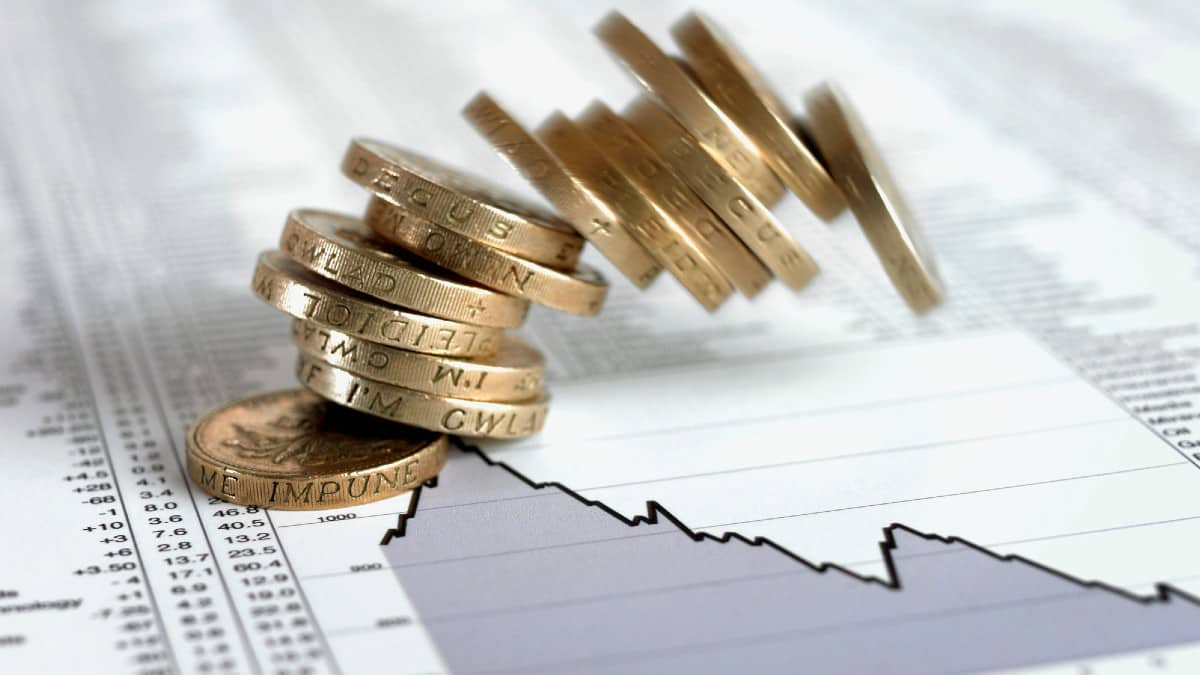Brazil needs to overhaul its fiscal rules and increase public spending to boost growth, said a top economic adviser to the leftwing Workers’ party, which is favourite to return to power in elections this year.
Guilherme Mello, a professor of economics at Unicamp, said Brazil’s trifecta of fiscal laws — long considered anchors of stability for many in financial markets — were at best outdated, and at worst “out of this world”.
“We have to review the rules. The best thing we can do is to sit down and say: ‘Let’s speak seriously. We need a new set of fiscal rules, it can be one rule, two rules, a new set that respects the principles of good fiscal rules,” Mello said. European leaders, such as Emmanuel Macron of France and Mario Draghi of Italy, were also calling for a new approach to fiscal policy, he noted.
Known by its Portuguese initials PT, the Workers’ party is headed by Luiz Inácio Lula da Silva, a former trade unionist who was president of Brazil for two terms between 2003 and 2010. He is favourite to beat far-right incumbent president Jair Bolsonaro in elections in October.
“[The new set of rules] must be flexible, it must be countercyclical, it must help stabilise the debts in the long run, it must help the state plan spending. Let’s create fiscal rules that are aligned with the world experience,” said Mello, who co-ordinates the economic policy team at the PT’s official think-tank.
Brazilian government spending is constrained by three rules: the law of fiscal responsibility, which sets rules on budgetary transparency; the golden rule, which forbids the government from incurring debt to pay current expenses; and the spending ceiling, which for 20 years limits budget increases only to inflation.
Of the three, the spending cap — known locally as the teto — is the most divisive. For investors, it is a fiscal anchor that prevents out-of-control spending in an emerging economy, where gross debt reached almost 90 per cent of GDP in 2020.
But Mello said the spending ceiling is “not only outdated, it is out of this world. No country in this world has this rule. No economist looks at this and says it is a good idea to freeze spending for 20 years.”
He added that the teto had lost credibility given that it had been circumvented so many times under the Bolsonaro administration.
Under Lula, the PT’s tenure in government was marked by increased spending on social assistance programmes, such as the Bolsa Familia cash transfer scheme, as well as big infrastructure works, notably in transport, energy and water resources. Much of it was funded from record tax collection as a result of the commodities boom.
Following a deep years-long recession under Lula’s successor, Dilma Rousseff, however, the direction of policymaking changed, with subsequent rightwing administrations opting for fiscal rectitude in the hope of attracting private investment to Latin America’s largest economy.
Mello said this approach has been a “huge failure”, noting economic growth since then has largely stalled and that there is now “more poverty, more misery, more inflation and more hunger”.
“The direction from 2016 to 2021 was to shrink the state and hope that the private sector would do everything. This strategy cannot continue,” he said.
“Brazil is not [bankrupt]. Public spending . . . can be very important to create the conditions to foster growth, diminish inequality, create infrastructure. When you do this, it is an investment that will help increase GDP and reduce debt in the longer run.”
The rhetoric is likely to cause consternation among investors, who have largely applauded the Bolsonaro administration’s more restrained attitude towards spending. But Mello argued spending is an effective tool if wielded smartly.
“Brazil can spend more if it spends right. You have to choose public programmes that have some characteristics. They must have a high fiscal multiplier in the sense they create more income and jobs; they must have a social impact and they must create conditions for the future,” he said, arguing, for example, that investments in energy infrastructure would lower electricity costs and support the broader economy.
Sergio Vale, chief economist at MB Associados, said it was “unavoidable” that the PT would attack Brazil’s fiscal rules if it returned to power given changing global attitudes towards spending.
“The problem is that the fiscal situation today is worse than what Lula inherited in 2003. We are going to end the year with a debt of around 84 per cent of GDP, a primary deficit above 1 per cent of GDP and very high interest rates. It’s no use for the government to want to spend if the space for it doesn’t exist,” Vale said.
Abolishing the spending cap would be fine if it was replaced by a better rule, but that is not likely to happen, he added.
“Their idea seems to be to undo the rule and increase public and social investments, but without a strong adjustment in the rest of spending, this will mean an even greater deficit and an even more serious situation.”
For Mello, the clearest validation of his approach was seen during the first year of the pandemic when the Bolsonaro administration unleashed a stimulus worth 8 per cent of GDP, which included a cash handout of R$600 (US$130) per month for nine months to millions of Brazil’s poorest. The programme is credited with reducing the size of the economic contraction in 2020 to minus 4 per cent, considerably better than initial forecasts of minus 9 or 10 per cent.
“What we proved in 2020 is that social transfers work. They work for GDP, they work to fight poverty and to fight hunger.”
Additional reporting by Carolina Ingizza
Credit: Source link














